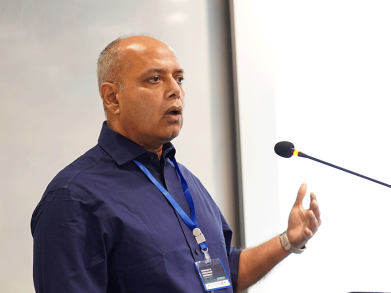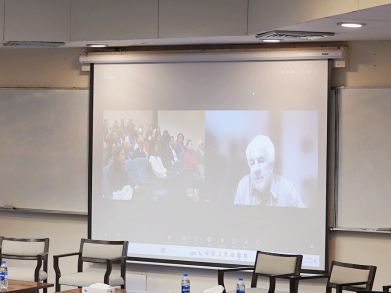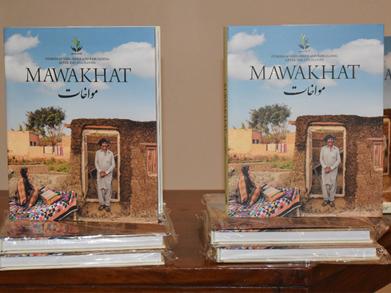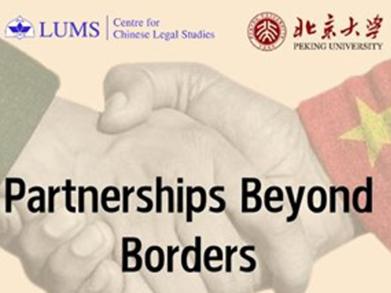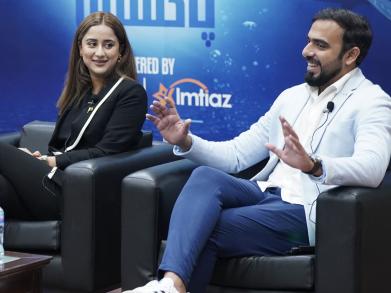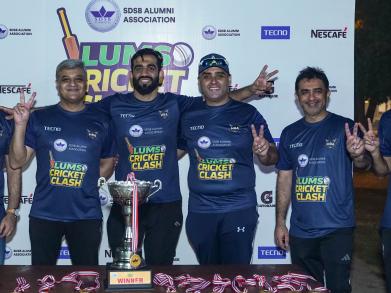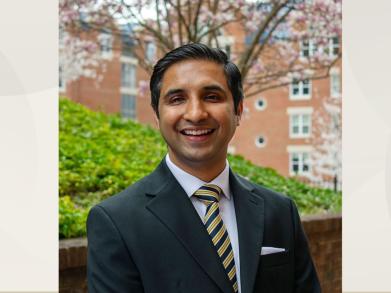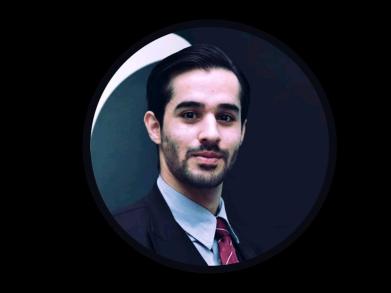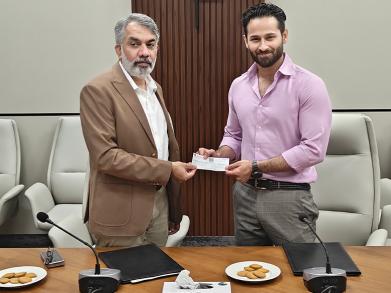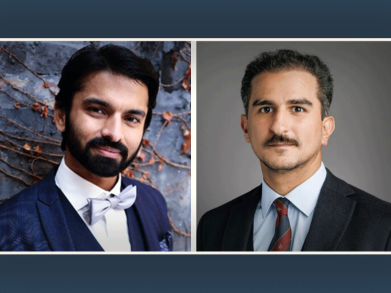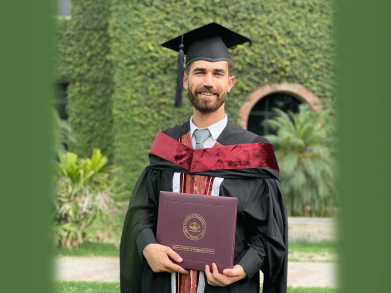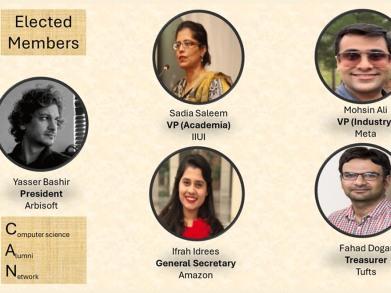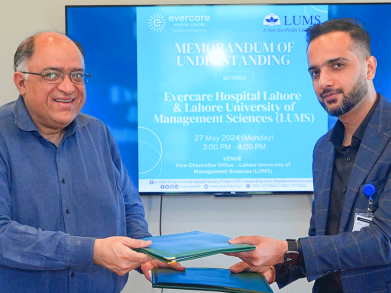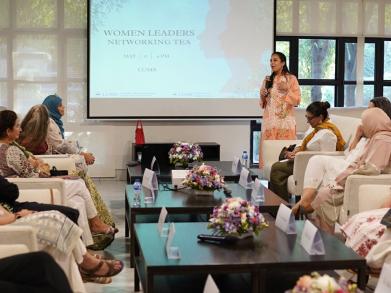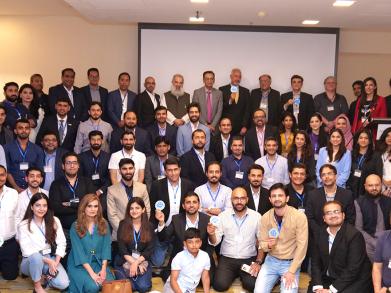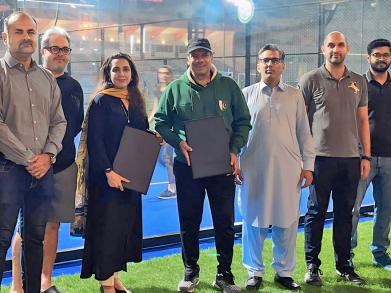- Home
- News & Events
- Snapshots from Pathways to Development 2024
Snapshots from Pathways to Development 2024
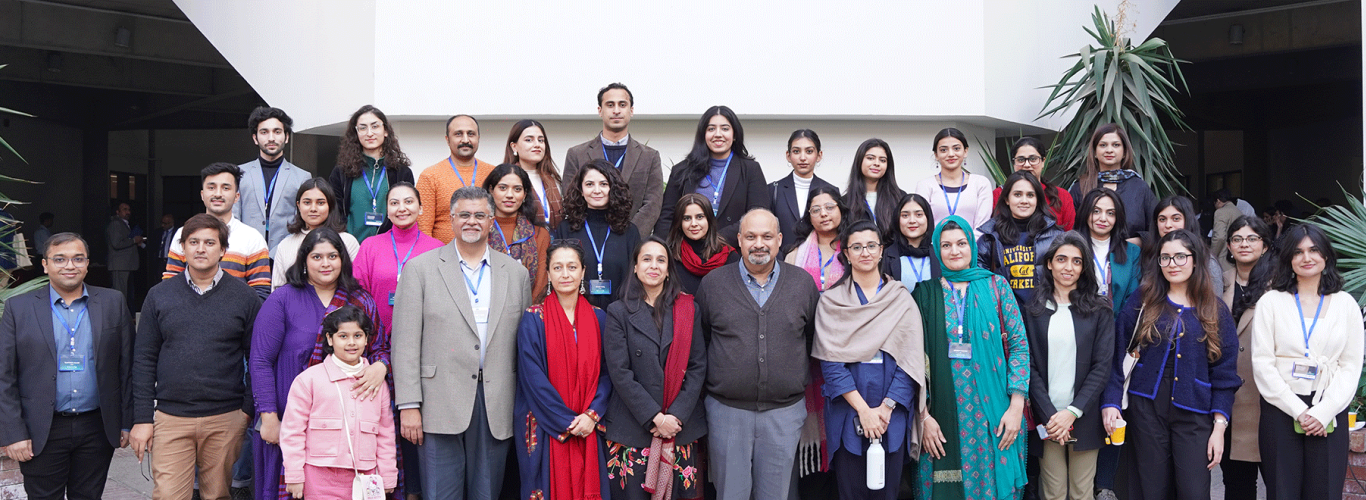
Relive the highlights of the Pathways to Development Conference 2024. From thought-provoking sessions and lively discussions to behind-the-scenes moments and the vibrant energy of our attendees, these images showcase this year’s conference.

A full house! Day 1 of Path2Dev kicked-off with Justice Mansoor Ali Shah’s compelling address on the importance of climate justice

“Climate change is here for real, and it is the greatest existential challenge for our generation,” says Justice Syed Mansoor Ali Shah (Supreme Court of Pakistan) while speaking at a session on Climate Justice

Saad Gulzar (Princeton) shares his insights on how crop burning contributes to hazardous air pollution in South Asia. His research, leveraging satellite data, emphasises the urgent need for government action to mitigate its severe health impacts

“This is my third time at Path2Dev! It's a really unique space where you have academics talking to practitioners in the same room. If you're interested in development questions in Pakistan, and particularly if that's something that you feel pessimism about, then I think you should be coming to this conference.” – Sarah Khan (American University)

"Its pretty rare to see a conference where you mix policymakers, people who are in office, along with the natural experimentation approaches. I hope people are really inspired by all of the exciting work that is being done in Pakistan relative to its size, it’s a very under explored context." Cory Smith (University of Maryland)

“In today’s session for example, we had a behavioural economist, we had a political scientist, someone from a science background, and a sociologist. When you have discussions from different disciplines giving comments to each other, you get more nuanced and richer insights.” – Farah Said (LUMS) (centre)

Bilal Malik (LUMS) presents his co-authored paper on ‘Relationship between Educational Attainment & Social Integration among Madrasa Graduates’

Participants also had the chance to take in the Sustaining Power (SuPWR) Exhibition on the sidelines of the conference

Maryam Mustafa (LUMS) explored how technology, particularly speech-based AI, can bridge gaps in Pakistan’s healthcare system. She stressed the importance of designing human-centred solutions that are accessible, inclusive, and responsive to local challenges

“I'm really impressed with the quality of presentations. It's been a pleasure to interact with folks who have done considerable work in the field. A takeaway for me as a researcher is to really think about communicating my research. How do you make sure that you are able to forge that discussion with folks who are not from your field?” – Saba Aslam (SuPWR) (left)

Smiles all around—ending Day 2 with laughter, delicious food, and meaningful connections at the conference dinner

Shabana Haider (ThinkWell) highlighted Pakistan’s greatest public health challenge: the absence of a systems-driven approach. She emphasised the need for improvements in data quality, health financing, and governance to address these issues effectively

Mazhar Waseem (University of Manchester) talked about Pakistan’s ‘filing obsession,’ where costly measures focus on increasing tax filers but fail to boost revenue. He called for targeted reforms and systemic fixes to address inefficiencies in the tax system

“The health governance panel really stood out to me. I loved the fact that it was just women on the stage. We've had some fantastic panel discussions but also technical papers. It is an academic conference, but we want to make sure that there are panels in which academics are coming together with practitioners and policymakers; we are always geared towards that combination.” – Hadia Majid (LUMS) (left)

















